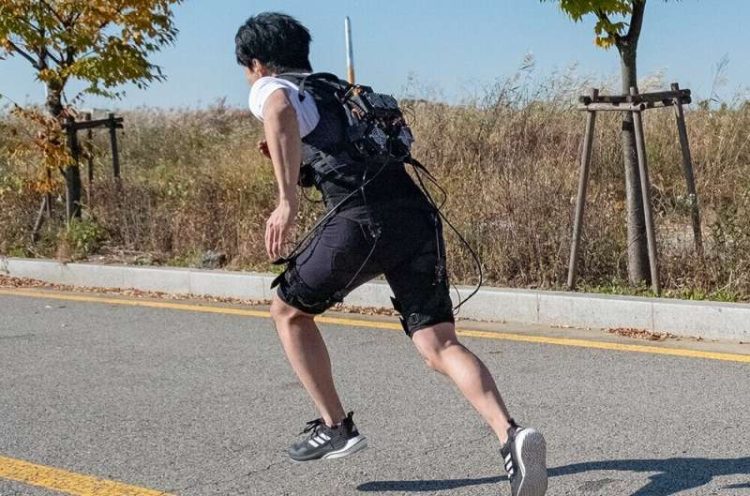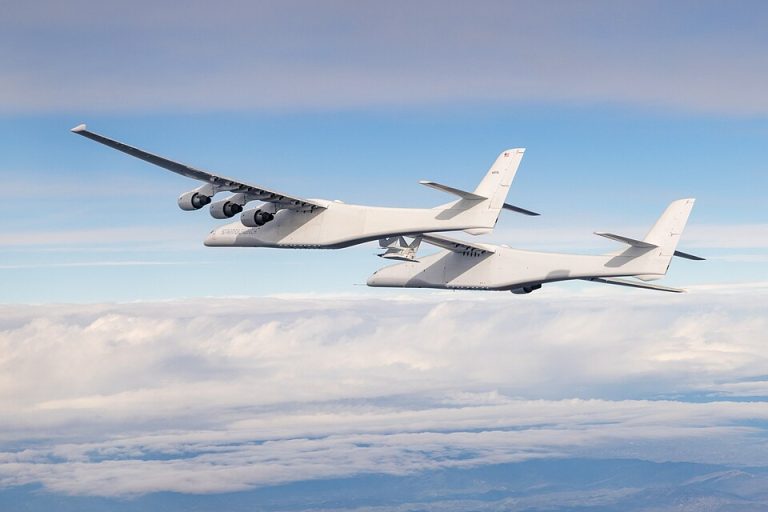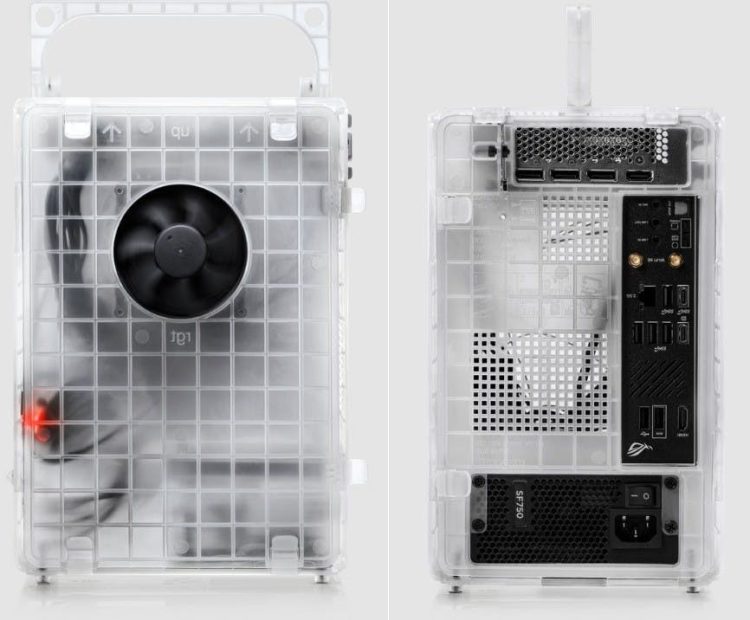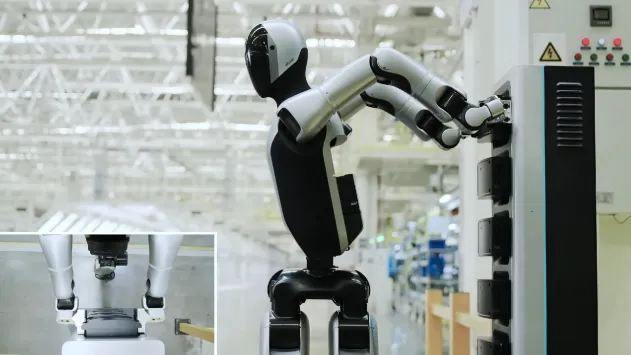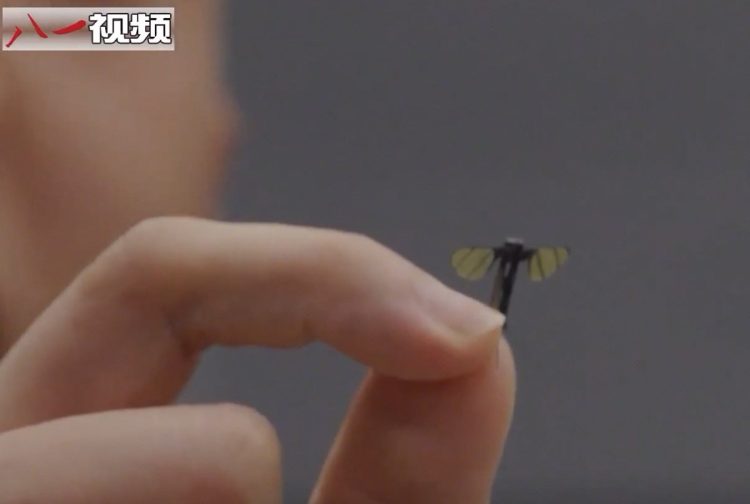Scientists at South Korea’s Chung-Ang University have created an ultra-light exosuit that can help runners cover short distances faster.
They may not be mainstream yet, but exoskeletons have been a part of our world for a while now. We’ve seen some that make carrying heavy loads a breeze, and others that help physically disabled people move around with ease. But wearable technology that helps people run faster has been pretty rare, especially in the super-light form recently presented by scientists at Chung-Ang University’s School of Mechanical Engineering in South Korea. They created a contraption that only weighs around 2.5 kg (5.5lbs) but can help the average person run a 200-meter sprint almost a second faster than without the suit.
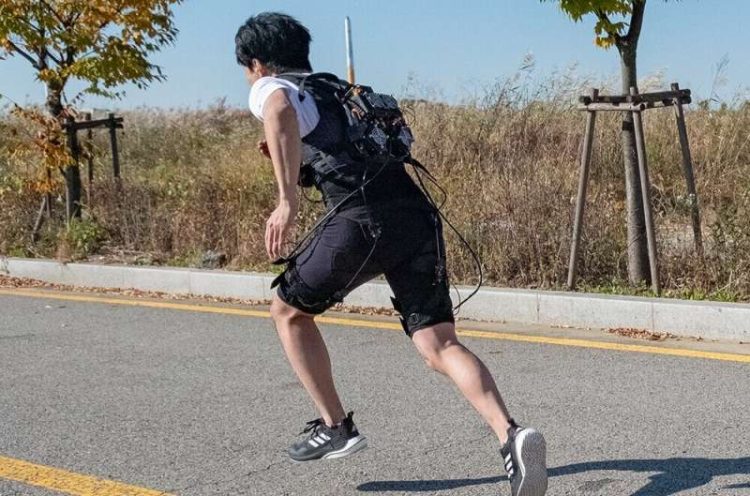
Photo: Chung-Ang University
“Exceeding the limits of the human body is a fundamental human desire,” Junyoong Moon wrote in a recently published study. “Our results will serve as a starting point for research focused on exceeding the limits of human capabilities through wearable robots.”
What sets this particular exosuit apart from pretty much all the rest is the simple and minimalist design. It consists of a backpack containing a power pack that provides power to cables that extend from the pack to the hips and down each thigh. As the wearer takes a step, the attached cable constricts, pulling the trailing leg forward faster than it normally would. The exosuit also features a number of sensors and a computer that analyzes the wearer’s gait and synchronizes the suit with the person’s steps.
To test their suit, scientists had amateur runners put it on and go for 200-meter runs. Then, each runner completed the same distance without the suit. Data showed that the exosuit helped people improve their time by 0.97 seconds, which may not sound like much but is actually a pretty significant margin for a sprint. Now researchers plan to test it with professional sprinters.
Originally, the ultra-light exosuit weighed 4.4 kilograms, but by the time the study was published, they had managed to reduce the weight to 2.5 kg, without compromising on performance.

